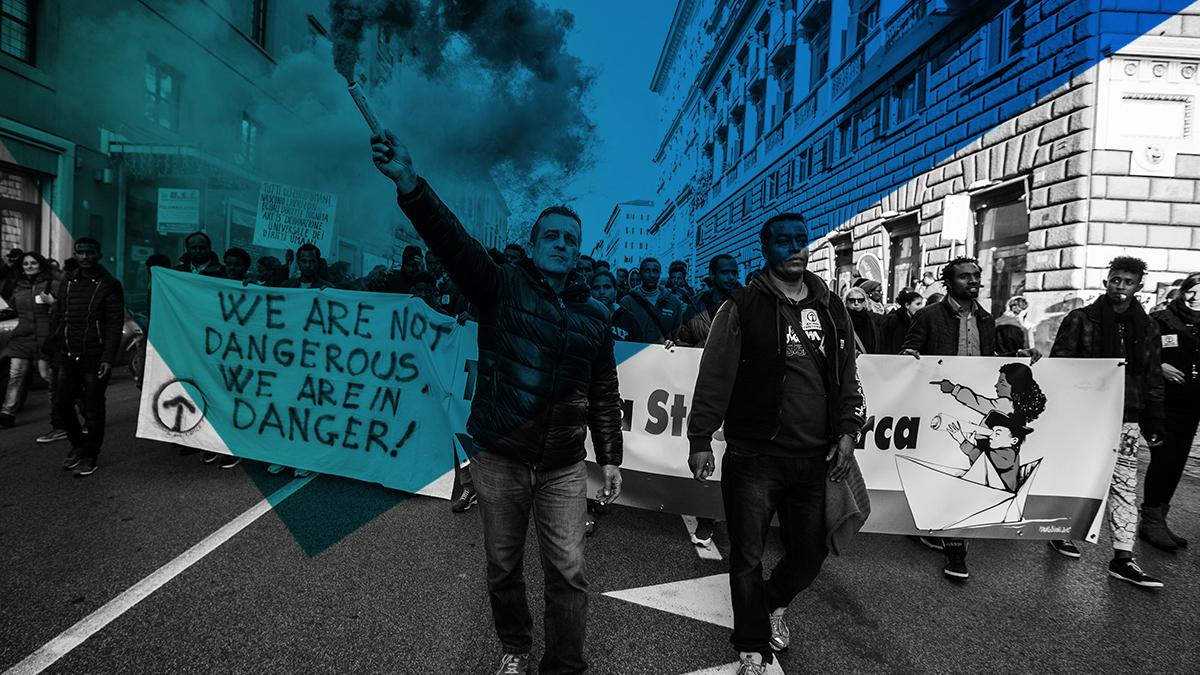India remains a nation that is trusting of its institutions, according to the 2018 Edelman Trust Barometer. While trust slipped across the institutions of government, media and NGOs, trust in business was unchanged. India remained in the high trust territory, even with the decrease. With an aggregate 13-point decline in trust in the four institutions, India was among the six markets that experienced extreme trust losses this year. However, this drop in trust is considerably less than the 37-point decline recorded in the United States.
While trust in government remained high, at 78 percent and 70 percent across the informed public and general population, respectively, both witnessed a five-point decline from last year. This possibly arises from a perceived mismatch between people’s expectations of government and the pace of change. With the government in the fourth of its five-year term, expectations remain high, and the trust trends may point to people’s attitudes in the run-up to the coming general elections.
Trust in media tempered by fake news worries
Globally, while media is distrusted in 22 of the 28 markets surveyed, making it the least trusted of the four institutions, India’s trust in media remains high at 61 percent. In fact, India is the third most trusting in the world of media, behind China and Indonesia.
In a scenario where journalism and platforms have both suffered a small decline in trust and remain almost on par, it would be a mistake to not leverage integrated communications approaches that have the right mix of traditional media and digital platforms.
While trust in media remains high, there is rise in the fear of fake news being used as a weapon. According to the findings, 73 percent of the respondents in India agree that the average person does not know how to tell real news from fabricated content, and 67 percent think it is now harder to tell if a piece of news was produced by a credible platform. While the bulk of the fake news is in the realm of politics, the population should remain vigilant of it entering other news segments.
A mandate for business
Business in India maintained its trust levels across both the informed public (84 percent) and general population (74 percent). Seventy-nine percent of respondents agree that businesses need to take the lead on pressing issues and self-regulate, rather than wait for the government to mandate regulation or give direction. Looking at a business head’s key responsibilities, 73 percent expect CEOs to ensure their companies are trusted.
From the perspective of communications, CEOs (75 percent) and journalists (59 percent) saw the greatest boosts in credibility this year, while technical experts remain the most credible spokespeople with trust credibility levels at 77 percent.
The Trust Barometer results are instructive for communicators: Share factual information to counter fake news; focus on accuracy; and use trusted experts or employees as spokespeople. Credible spokespeople like CEOs, board directors, or technical specialists need to front communications, using trusted channels of dissemination.
People expect forward-looking action
While trust in India remains on the higher end of the scale compared to other countries, the drop-in trust this year signals a clear need for institutions to step up and address issues that have led to this dip. The decrease in trust indicates questions in the public psyche about the role of various institutions, the pace of economic growth and truthful discourse.
People expect business and government to ensure equal opportunities and a competitive workforce and business to look beyond profit margins and partner with other institutions for growth. Most importantly, both are expected to fulfill a common mandate — driving economic prosperity — to retain trust.
Rakesh Thukral is managing director, Edelman India



